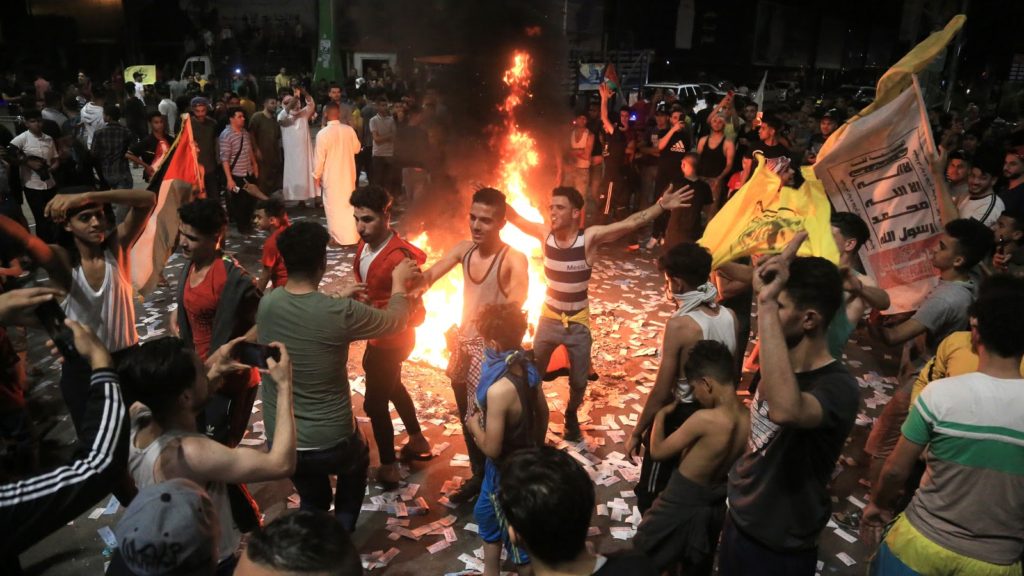Israel and Palestine: What Happens Now?

Image courtesy of The New York Times
By Tess Rempel
After ten days of fighting with over 200 lives lost and 4,000 rockets fired, Israel and Hamas reached a ceasefire on May 20th. Considering the fragile nature of ceasefires, both sides are unsure if the truce will last.
Beginning in the 1920s with communal violence between Israelis and Arabs, the origins of conflict between Israel and Palestine have since deteriorated into deadly antagonism. In 1987, a Palestinian militant group known as Hamas, or the Islamic Resistance Movement, was founded.
Barack Obama’s administration tried to resolve tensions between Palestinians and Israelites in 2010 by attempting to limit further construction in Palestine. President Biden negotiated this attempt, as his relationship with Prime Minister of Israel Benjamin Netanyahu began in the 1980s. Then and now, however, Netanyahu has prioritized the interests of Israel over international pressures to prevent conflict.
The most recent conflict was largely mediated and resolved through a range of politicians in Egypt, Germany, Qatar, and the United States. Both the left and right wings called for a ceasefire, including Jewish democrats like John Ossoff and Jerry Nadler, who openly criticized Israel. Although Biden said, “I believe the Palestinians and Israelis equally deserve to live safely and securely,” the role that he has in this conflict remains controversial, as his relationship to Netanyahu arguably affected how he navigated the crisis.
The fight has been suspended, but its roots – possession of land, religious conflicts, and the inability to proceed toward permanent resolution – are yet to be addressed. Netanyahu’s office warned that “the reality on the ground will determine the continuation,” while a Hamas spokesman said that Palestine will maintain its end “as long as the occupation abides by it.” Considering that the ceasefire was negotiated under the pretense that attacks are likely to reoccur, it seems as though this truce will accomplish a mere grace period, in which civilians can recuperate under the territories’ illusion of normalcy. This is further evidenced by past ceasefires that were negotiated by Israel and Hamas, which have previously lasted for only 24 to 48 hours.
As the conflict comes to a temporary close, citizens reportedly feel empowered by the attacks, with a 26-year-old Palestinian describing the rockets’ attack of Tel Aviv as “the first time that resistance has hurt the enemy,” and an Israeli student saying “this operation is justified.” On May 16th, Netanyahu addressed Americans directly on “Face the Nation,” asking “What would you do?…if it happened to Washington or New York…you’d do at the very least what we’re doing.”
With Palestine and Israel left to grieve loved ones and rebuild cities, other nations are left with ruminating questions: who is the ‘winner’ of this battle, and what does that mean for future conflicts – especially the ones that we find ourselves in?







